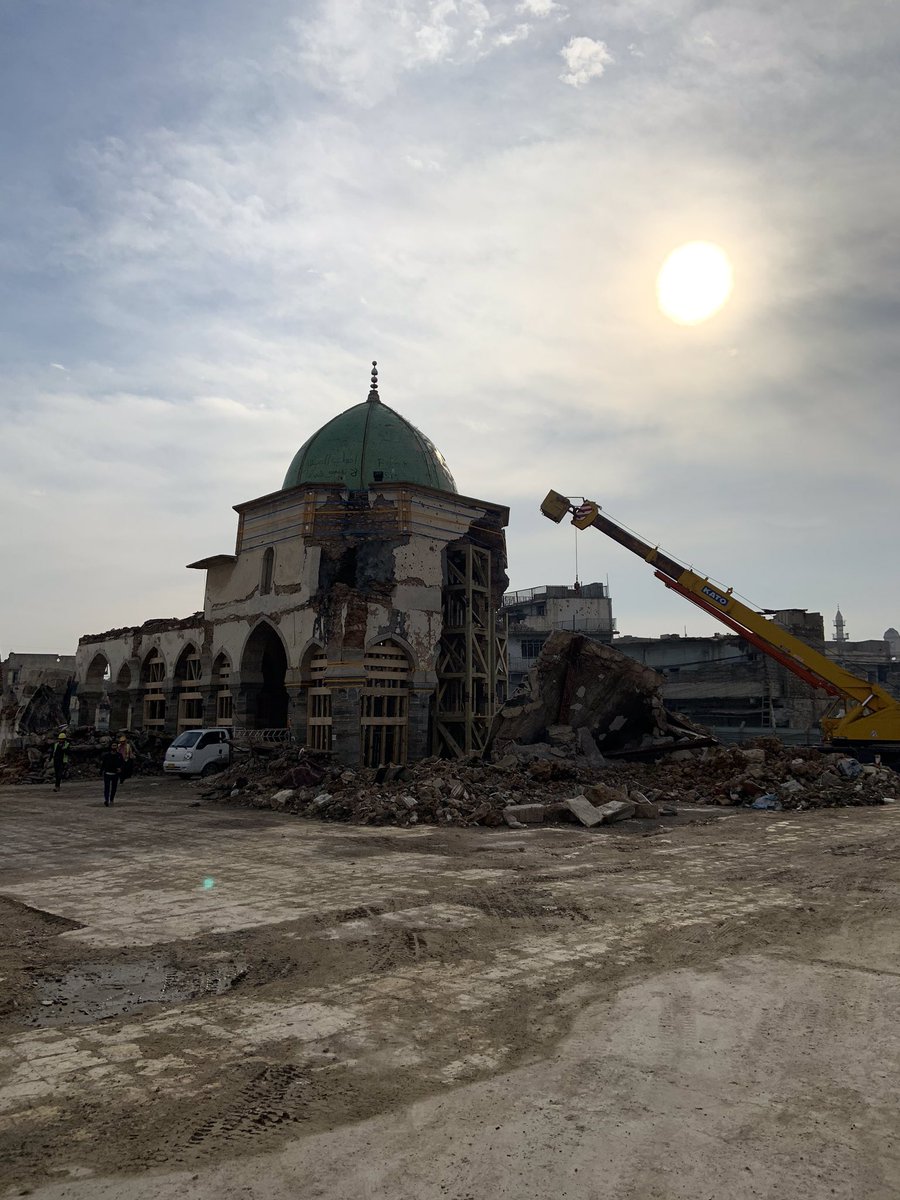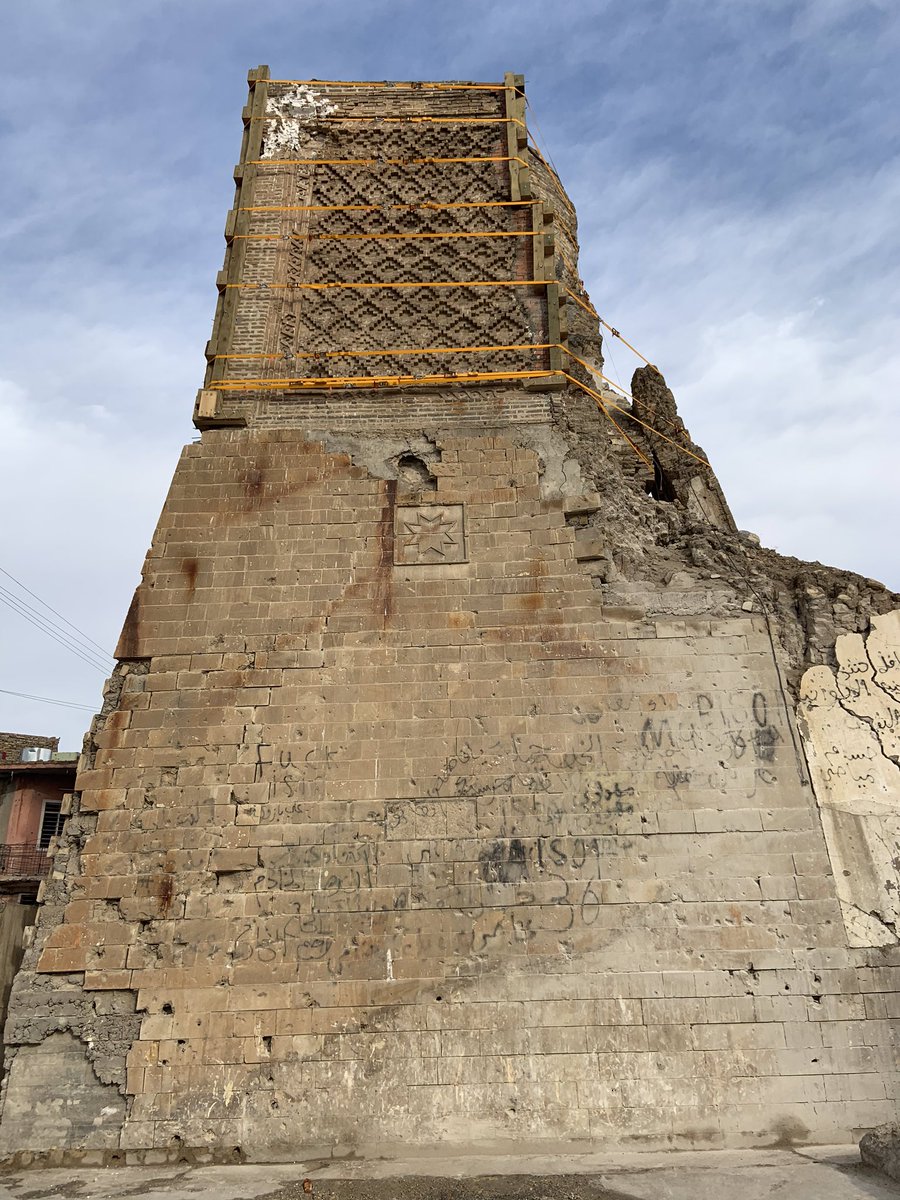
A note on Nick Xiarhos, which entails talking first about another Marine, Jordan Haerter.
Before Afghanistan, Nick had arrived in Iraq in April of 2008. The morning of April 22, his friend Jordan and a Marine from another unit were guarding the main gate, Nick was on the roof.
Before Afghanistan, Nick had arrived in Iraq in April of 2008. The morning of April 22, his friend Jordan and a Marine from another unit were guarding the main gate, Nick was on the roof.
https://twitter.com/jimlaporta/status/1432771347017519108
Around 7:45am, a large truck accelerated toward the gate, careening through the protective serpentine. The Iraqi policemen standing post with the two Marines ran. Jordan and the other Marine stood their ground and aimed in on the truck.
Nick, up on the roof, recalled to me hearing the sound of guns going off, suddenly realizing that, after all that training for war, it had arrived.
The truck Jordan fired on was loaded with about 2000 pounds of explosives. The Marines forced an early detonation, a huge blast that knocked over all the Marines on the roof. Nick had no actual memory of the blast. But he remembers leaving the roof and seeing his friend's body.
They put a sheet over Jordan's corpse, but that seemed somehow disrespectful of the young man who'd saved all their lives, so they got an American flag to cover him with.
Jordan and the other Marine, Cpl. Jonathan Yale, would posthumously receive the Navy Cross. Jordan was 19.
Jordan and the other Marine, Cpl. Jonathan Yale, would posthumously receive the Navy Cross. Jordan was 19.
When I met Nick, he was trying to deploy to Afghanistan. At that time, Afghanistan was where the hard fighting was. While handling media interviews about Jordan I introduced him to a Marine Captain. Nick asked if there was any space in his company. The Captain said yes.
I later asked him why he’d done it. You see, I think the death of his friend had shred the illusions about combat we all come into the Corps with, but still, he wanted to go. Unasked, he volunteered to go. He told me it was because Afghanistan was where the fighting was.
He’d been through hard times. He knew what it was like to lose a friend and then have to continue to do your job, to go out on patrol and focus when all you want to do is grieve. He figured he could help lead younger Marines through what was likely to be a difficult deployment.
I saw him the day he deployed. He was joking around and told me how he’d gotten on this deployment because of the interview I’d set up. I told him that was great. One thing in my job I could feel proud of. He was the kind of guy you want overseas—thoughtful, humane, brave.
This is the way most Marines have died recently. Driving in a humvee or walking out on patrol, and then a sudden flash and bang. War without a front line, or a visible enemy—just endless stretches of road to patrol again, and again, and again, until eventually, the road explodes.
A couple months later Nick was on a mounted patrol in Afghanistan and his vehicle hit a round side bomb. It detonated, killing him and one other Marine, and injuring two others.
It's difficult to draw a clear moral from that. Or to say, well, this death led to x number of Marines living another day, as you can with Jordan. And yet, when I think of heroism, I don't think first of the Jordans of the world, as worthy as they are.
When I think of heroism, I think of the quiet decision of a twenty-year old Marine to go back to war after losing a friend, and I think of the quiet reasons why he did that.
• • •
Missing some Tweet in this thread? You can try to
force a refresh






